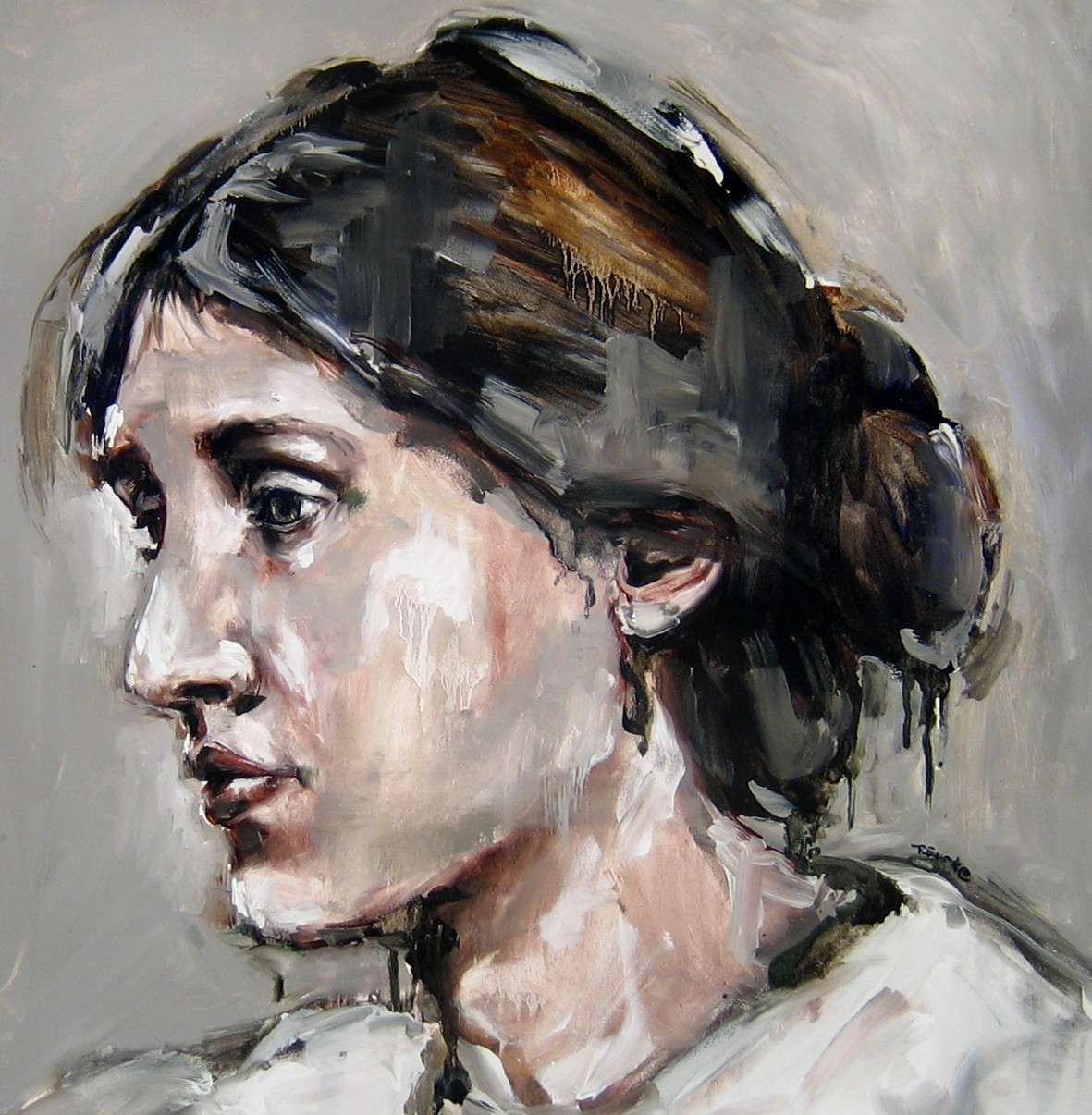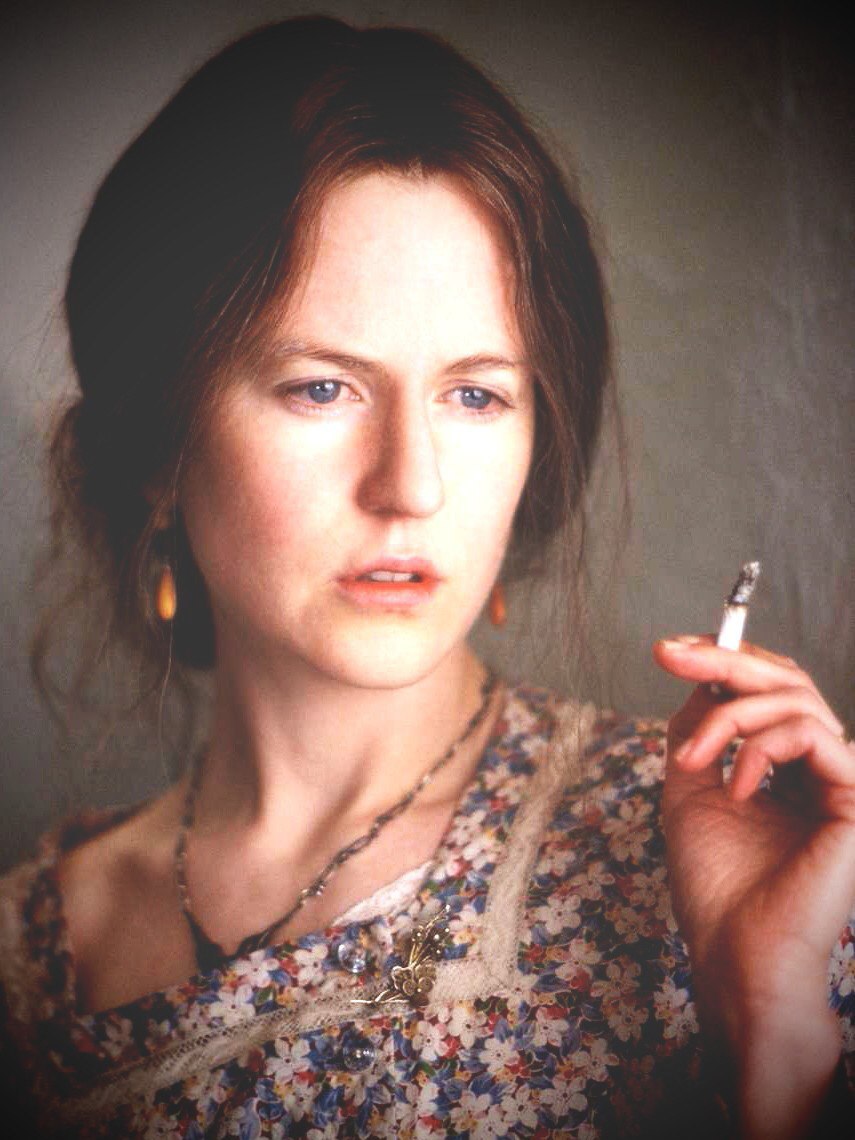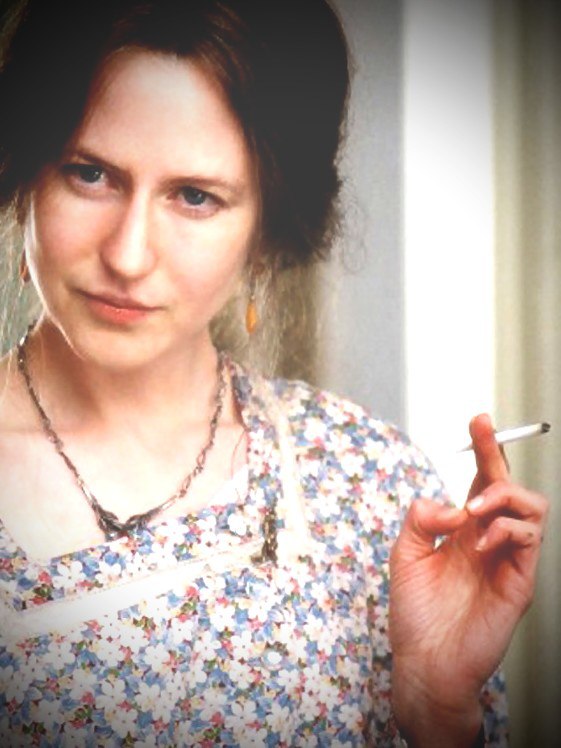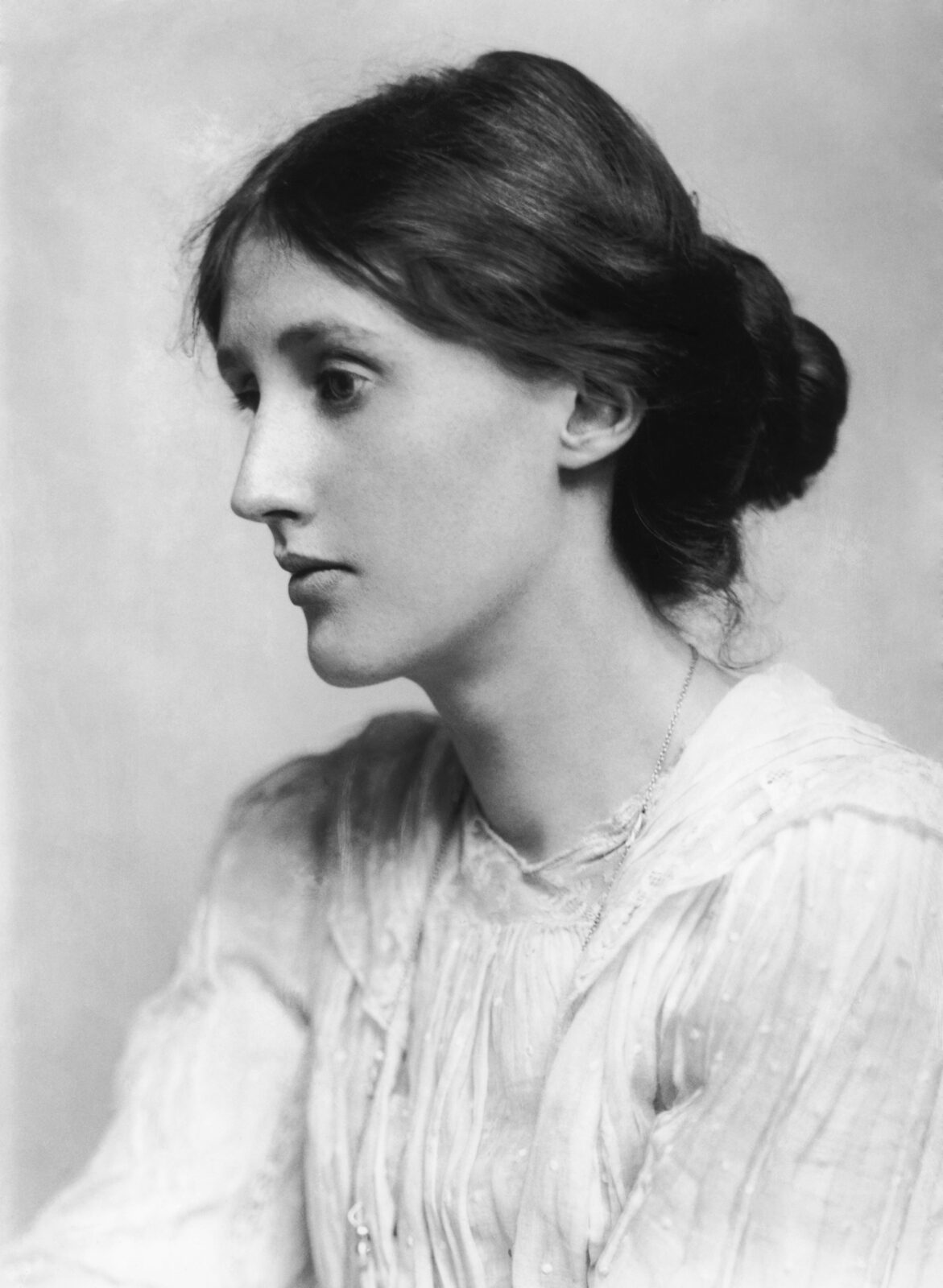The world remember the the Virginia Woolf’s heritage as a great writer was born today 136 years ago. Virginia, the creator of a lot of works, is a major novelist and one of the pioneers among modernist writers using stream of consciousness as a narrative device, alongside her contemporaries Marcel Proust, Dorothy Richardson and James Joyce. Woolf’s reputation declined sharply after World War II, but her importance was re-established with the growth of feminist criticism in the 1970s.

In our days different theatres stage Virginia’s plays. The heroes, who have unique and quaint features, “strike” directors and don’t keep indifferent audience. By the way, the films “Orlando” and “The Hours”, based on her novels, found spectator’s love.

London-born Virginia Woolf came from a wealthy family and, unlike her brothers, received her education at home, an unusual step for the times. Her parents had both had children from previous marriages, so she grew up with a variety of siblings, stepbrothers and stepsisters. The sudden death of Virginia’s mother in 1895, when she was 13, and the passing of her sister two years later led to the first of Virginia’s mental breakdowns. In 1904 her father died, which caused a complete mental and physical collapse and for a while she was sent to a mental institution to recover. Nervous breakdowns and bouts of severe depression tormented Virginia throughout her life, and the fact that as children she and her sister Vanessa were sexually abused by two of their stepbrothers added to her already considerable feelings of guilt and inferiority.

After the publication of her novel “Between the Acts” she fell into a deep depression, exacerbated by the destruction of her London home by Nazi planes during the bombing of that city, and the less than enthusiastic critical reaction to her biography of her close friend Roger Fry. Her condition deteriorated to the point where she was unable to write or even read. She finally had a full-blown nervous breakdown. Unable and unwilling to continue, she wrote a note to her husband saying that “I am certain I am going mad again” and “I shan’t recover this time . . . I can’t fight any longer . . . I can’t go on spoiling your life any longer.” On March 28, 1941, she left her home, walked to the banks of the nearby River Ouse, loaded heavy stones into her pockets and walked into the water. She was 59 years old.
Personal quotes:

























